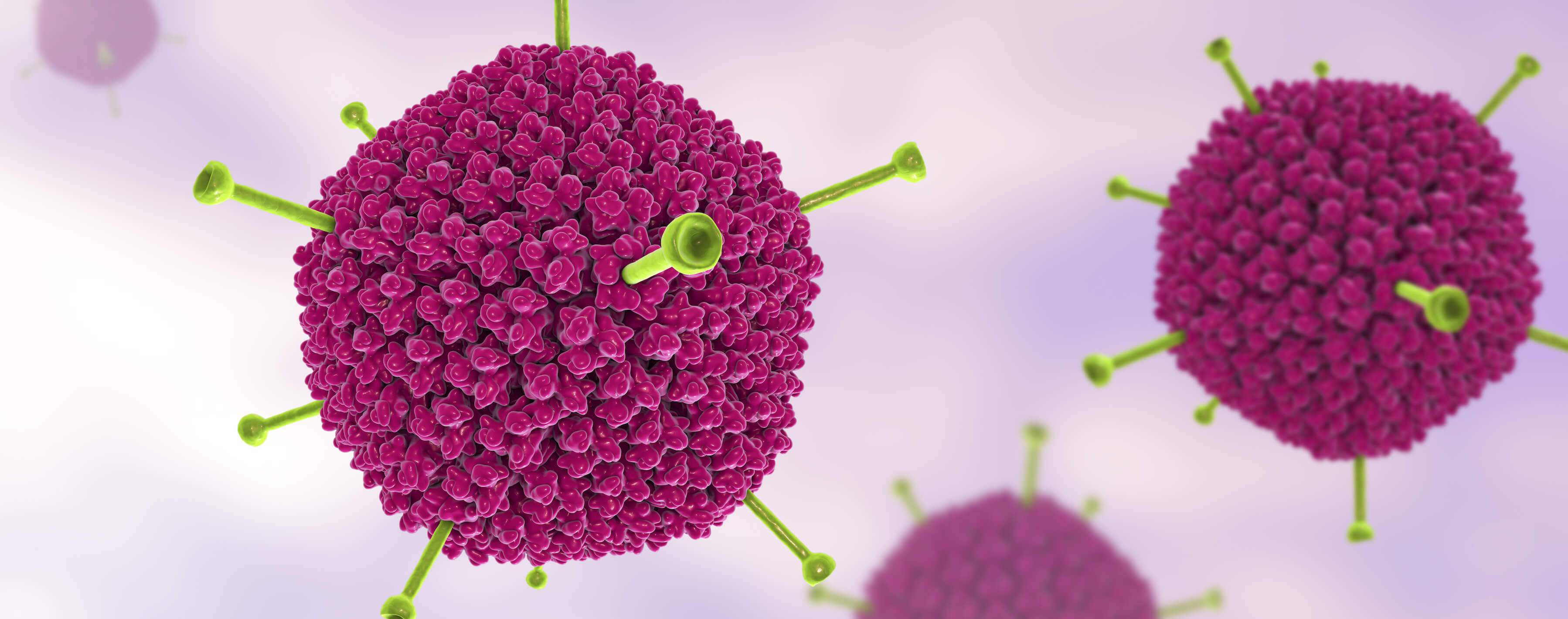To date, 35 UMD students have tested positive for an adenovirus infection at the University of Maryland. One student has died from complications of the infection.
On their own, adenoviruses can cause mild to severe illness. In people with compromised immune systems, though, an infection can be more serious.
That was the case with Olivia Paregol, a UMD freshman, who died of adenovirus-related illness in November. She had a previous condition, Crohn's Disease, which had weakened her immune system. Contracting the adenovirus infection, therefore, proved to be fatal for her. The other 34 students affected have all been tested by the UMD University Health Center or outside physicians, and their infections are being tracked by the Centers for Disease Control.
What is an adenovirus?
Simply put, adenoviruses are a category of viruses that can cause a multitude of illnesses or symptoms. According to the CDC, anyone at any age can be infected with an adenovirus, but people with existing respiratory or cardiac disease are more likely to get more seriously ill from the infection. Those with weakened immune systems or the elderly are also at a higher rate of risk for infection.
Adenoviruses cause the following illnesses and symptoms: common cold, sore throat, bronchitis, pneumonia, diarrhea, pink eye, fever, bladder infection, inflammation of the stomach and intestines, and neurologic disease that may affect the brain or spinal cord.
According to WebMD, adenoviruses infect the lining of your eyes, airways, lungs, intestines, urinary tract, and nervous system. They are very contagious and can be spread through coughing, sneezing, or even hand-to-mouth if you come into contact with someone who has been infected. You can also get infected from eating food prepared by someone who is ill and didn't wash their hands.

Courtesy of Hygiene in Practice
What is UMD doing about this?
According to the UMD Timeline, campus leadership is continuing to monitor and report on the latest findings as they occur. UMD students or staff who are experiencing symptoms should proceed to the University Health Center for testing. If students develop flu-like symptoms over winter break, they should seek medical attention to be tested for possible adenovirus infection.
The Departments of Residential Life and Residential Facilities will be overseeing a comprehensive residency hall cleaning program. Students' rooms will be disinfected, especially frequent-touch areas like doorknobs and light switches. Students may, however, opt out of this coordinated deep-cleaning effort.
The University Health Center is continually monitoring the events surrounding adenovirus infections and provides online resources as well as in-person testing for all UMD students and staff.
The UHC recommendations for avoiding flu and adenoviruses include:
- Wash your hands or use hand sanitizer frequently.
- Stay home and rest if you are sick.
- Clean frequently touched surfaces (like light switches and doorknobs) with antibacterial bleach wipes.
- If possible, avoid people who are sick.
- Get a flu shot! These are available for free through UHC for students and staff.
- Do not share eating utensils, cups, or food.

Courtesy of The Lung Association
Have you or someone you know been diagnosed with an adenovirus infection? Tell us about it in the comments below.
Maryland is one of 26 states where people have tested positive for measles. Learn all about the symptoms here.
and ...
